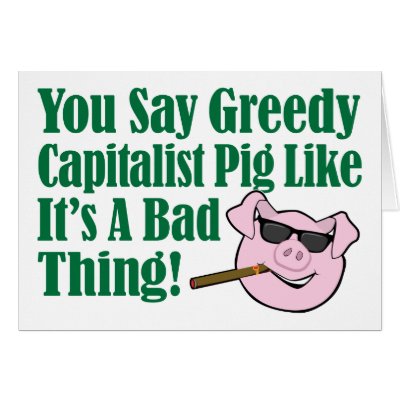
“No matter how poor a man was, or how much he suffered, he could never be really unhappy while he knew of that future; even if he did not live to see it himself, his children would..." (Sinclair 357)
Of all the themes, symbols, and ideologies presented in Upton Sinclair’s The Jungle, the one that stuck out most to me was “The American Dream.” Maybe it’s because I, too, come from a family of immigrants who came to the United States with a few dollars and big dreams; or maybe it's because of all the success stories I’ve heard, and all the failures too. Perhaps still it is because this dream never seems to die in America. For people living in developing countries around the world, America is a symbol of freedom and opportunity, but we’ve all heard this before. Jurgis’ family came to America in the hopes of attaining this dream only to realize that it is merely an illusion – a utopia created in the minds of the optimists, hoping for something better in the world. For the less affluent population, the American dream is more often than not, merely a distant and unattainable fantasy.
It’s funny (not “haha” funny, but funny in the ironic sense) that the problems with capitalism presented in this book are still very much relevant and problematic today as they were in 1906, when the book was published. America remains a capitalistic nation, divided by class, where the rich remain rich and the poor remain poor. Of course, there are some “rags to riches” success stories, but for most, the American Dream will always remain a dream. Why is this? I think it is safe to assume that economic statuses in this country are cyclical, meaning they replicate generation after generation. If grandpa was rich, then Johnny III will probably be wealthy too. “One major assumption of Marxists is that culture…functions to reproduce the class structure of society,” and “culture,” I maintain, includes the work force (Rivkin, Ryan 644). This is clear in the labor conditions presented in The Jungle, where Jurgis and his family (who represent the “working class”) are faced with greedy bosses and corrupt politicians. How interestingly relevant that seems to politics in 2010.
The most disturbing part in all of this is the fact that the politicians, businessmen, or the otherwise “wealthy” population, use the working class only to get wealthier themselves. They do this by simple manipulation. A good example of this in the book is the advertisements to buy property: “Why not own your own home? Do you know that you can buy one for less than your rent? We have built thousands of homes which are now occupied by happy families” (Sinclair 51). Manipulating the working class by reinforcing the notion of the American Dream is a strategy that’s still being used today and it is not always that people realize “It [is] all robbery, for a poor man” (55).
Works Cited:
Rivkin, Julie and Michael Ryan. "Introduction: Starting with Zero." Literary Theory: An Anthology. 2nd ed. Ed. Julie Rivkin and Michael Ryan. Malden, MA: Blackwell Publishing, 1998. 643-46. Print.
Sinclair, Upton. The Jungle. New York: Barnes & Noble Books, 2003. Print.

No comments:
Post a Comment